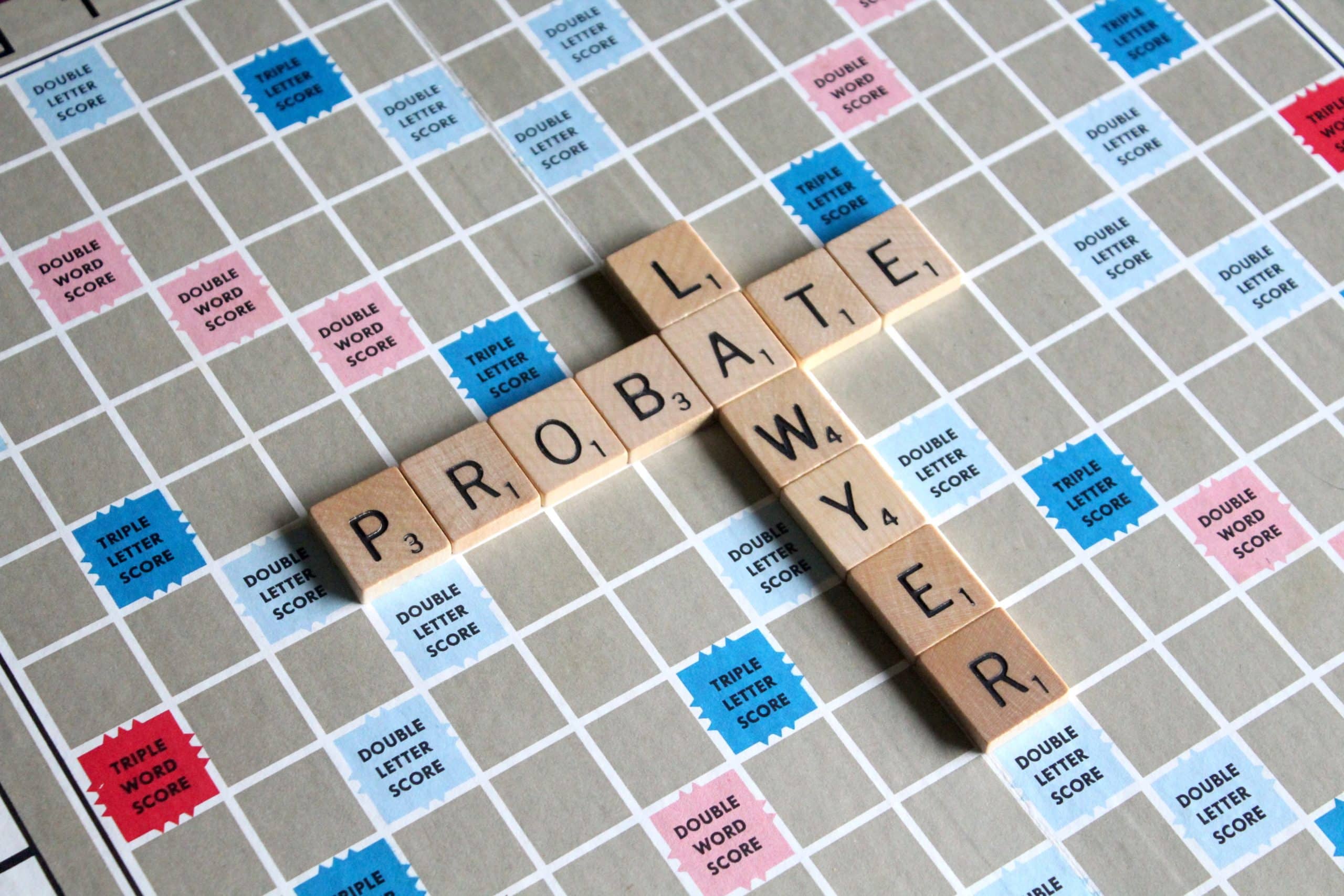If you’re the Executor of a loved one’s Will or the family member chosen to handle the probate process, we’re here to help you. Pittsburgh probate can be a complicated proceeding to navigate, especially while trying to meet your loved one’s wishes. This article will help to explain the probate process in Pennsylvania. Additionally, it’ll help you to determine when to use a probate attorney and explain how they can help you.
What is Probate and What to Do if You’re the Executor?
The proceeding occurs in court after the person has died to validate the deceased’s Will. If there’s no Will in place, the process will determine an Executor and a plan to distribute the assets. This process will also include estate administration.
The probate process begins after the person has died and someone files a petition to the courts and ends after the court closes the estate.
If you’re the Executor of the Will, you’ll be responsible for managing the deceased person’s estate, distributing assets, paying taxes, handling any outstanding debt, and closing the estate.
What to Expect During the Court Proceedings?
During the proceedings, you can expect the following.
- The courts will validate the Will
- If there’s no Executor in place, the court will select one
- Calculate the estate’s assets
- Pay all outstanding debts and taxes
- Distribute assets to all beneficiaries
How Do I Know When to Use a Probate Attorney?
If you’re unsure if you need to hire a probate attorney, here are some questions to consider.
Did your loved one have a Will before their passing?
If they did, their estate might not need to be handled in a court setting if all the documents were correctly completed and beneficiaries were selected.
Is there enough money in the estate to pay off all debts?
An estate with enough money to cover all expenses might not need to go through the courts. Expenses include:
- Income taxes
- Outstanding debt
- Medical bills
- Funeral costs
If there’s not enough money, contact a probate lawyer immediately before making any payments.
Is the estate valued at less than $50,000?
In Pennsylvania, if the estate value is less than $50,000, there’s a minor, less complex process you can use instead of probate.
Are there complicated or controversial family relationships?
If yes, then a lawyer can help keep responsibilities on track and manage those duties to make it easier for the Executor.
Do you need to pay federal estate taxes?
In Pennsylvania, less than 1% of all estates must pay federal estate tax. If the property is large enough that you owe federal taxes, hiring an attorney can make the process easier.
How Can a Probate Attorney in Pittsburgh Help?
Receiving support from a well-respected probate attorney in Pittsburgh, such as Auld Brothers Law Group, means you’re in good hands. Rebecca A. Auld, the Firm’s Principal, can help you settle your loved one’s estate.
Here are some ways Rebecca can help you.
- Collect life insurance
- Calculate the total and pay inheritance, estate, and incomes taxes
- Pay any outstanding debts and expenses
- Identify estate assets
- Dispense all remaining assets after bills and taxes are paid
- Retitle all assets to beneficiaries’ names
- Prepare and file court documents
- Draw up a Fiduciary Income Tax Return (if needed)
- Submit 1040 Federal Tax Return and PA 40 Tax Return
- Draft a Family Settlement Agreement
Schedule Your Consultation with a Probate Attorney in Pittsburgh
At Auld Brothers Law Group, we can provide you with a free, 30-minute consultation. We can offer legal advice and answer any questions you may have about your current situation during that time.

